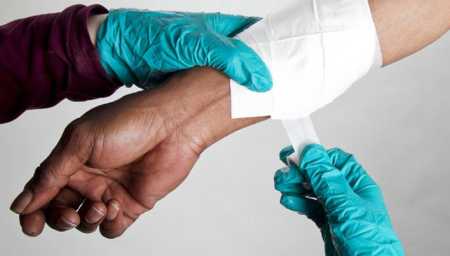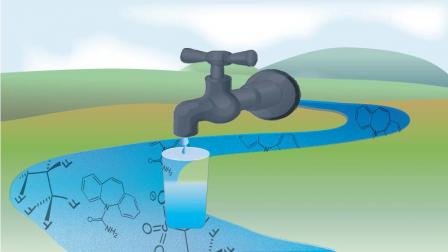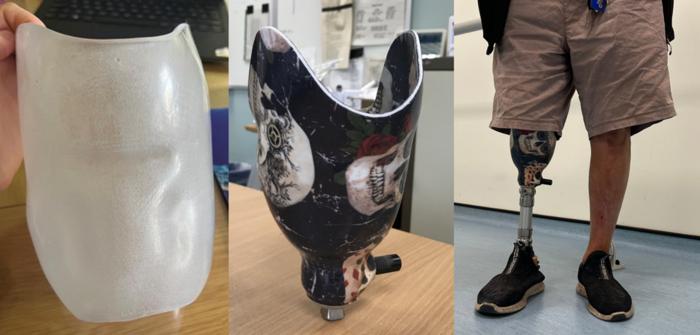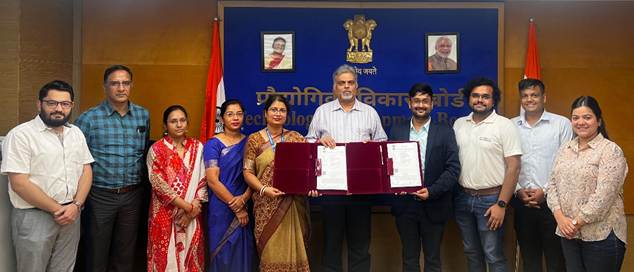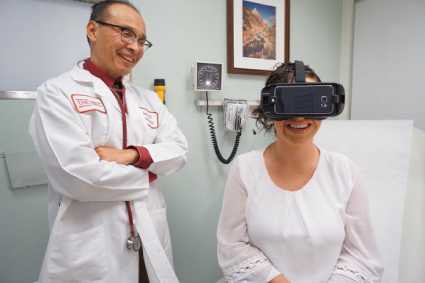Researchers at RMIT University have developed an innovative wearable wound monitoring device that integrates advanced sensor technology to track healing processes remotely, reducing infection risks associated with frequent physical wound assessments.
Unlike conventional methods, which require regular dressing removal and can delay critical interventions, this device employs continuous monitoring via Bluetooth connectivity, offering a non-invasive alternative for wound management.
The proof-of-concept device is reusable, distinguishing it from disposable smart bandages and other emerging wound monitoring technologies, thereby enhancing cost-effectiveness and scalability. Globally, chronic wounds affect millions, significantly impacting quality of life and incurring substantial healthcare costs. In Australia alone, approximately 500,000 individuals suffer from chronic wounds, costing the healthcare system AUD 3 billion annually.
The device, developed under the leadership of Dr. Peter Francis Mathew Elango from RMIT’s School of Engineering, incorporates inflammation, pH, and temperature sensors to monitor key biomarkers of wound healing. Elevated temperatures may indicate inflammation or infection, while pH variations correlate with different healing stages. The device’s design ensures biocompatibility and conformability to curved surfaces, as demonstrated in tests on a human arm, validating its practical application in wound management.
Elango emphasized the device’s integration into existing manufacturing workflows, with potential production costs below AUD 5 per unit at scale, making it a viable solution for widespread adoption.
The technology leverages RMIT’s patented high-resistivity silicon-based sensor platform, which has proven effective in detecting multiple biomarkers across various medical applications. This platform, led by Professor Madhu Bhaskaran of RMIT’s Functional Materials and Microsystems Research Group, underpins the device’s ability to deliver precise, real-time data.
The research group has a robust history of developing med-tech solutions, including bedding sensors for aged care and a wearable heart monitor now advancing toward commercialization with Lubdub Technologies.
Press release – RMIT University, Australia

